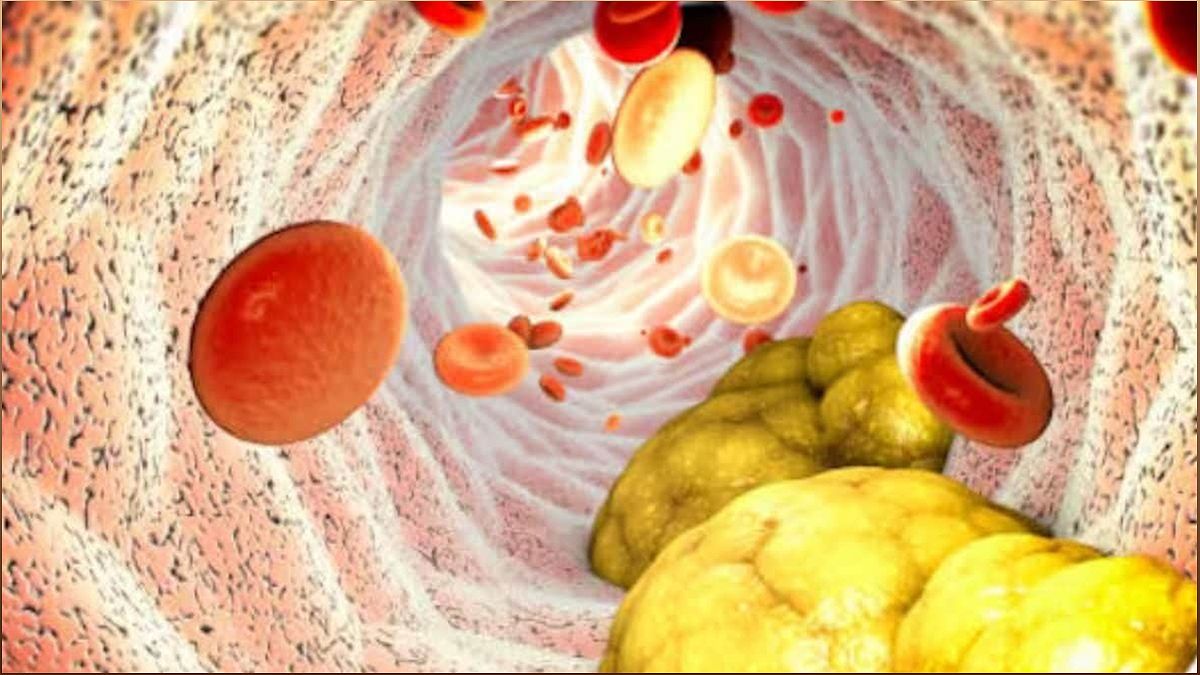Are you aware of the potential risks associated with red meat consumption and type 2 diabetes? A recent study reveals that regularly consuming red meat may increase your chances of developing this chronic condition. By limiting your intake of red meat, both processed and unprocessed, you can significantly reduce your risk of type 2 diabetes. This article explores the findings of the study and highlights the importance of making dietary changes. Additionally, it sheds light on the environmental impact of excessive red meat consumption and offers alternatives that promote better health and sustainability. Read on to discover how a simple adjustment in your diet can make a significant difference in your well-being and the health of our planet.
The Link Between Red Meat and Type 2 Diabetes
Research has shown a significant link between red meat consumption and the risk of developing type 2 diabetes. A recent study conducted by Harvard T.H. Chan School of Public Health has strengthened the evidence supporting this association.

The study, which analyzed health data from over 200,000 participants, found that individuals who consumed just two servings of red meat per week had a higher risk of developing type 2 diabetes compared to those who consumed less. The risk increased with higher consumption of red meat, both processed and unprocessed.
These findings highlight the importance of being mindful of our red meat intake and considering healthier alternatives to reduce the risk of type 2 diabetes.
Processed vs. Unprocessed Red Meat
It is crucial to understand the distinction between processed and unprocessed red meat when considering their impact on diabetes risk.

Processed Red Meat:
Processed red meat refers to meat that has undergone various preservation methods, such as smoking, curing, or adding preservatives. Examples include bacon, sausages, and deli meats.
Studies have consistently shown that regular consumption of processed red meat is associated with an increased risk of type 2 diabetes. The high levels of sodium, nitrates, and saturated fats in processed meats contribute to this heightened risk.
Unprocessed Red Meat:
Unprocessed red meat, on the other hand, refers to fresh cuts of meat that have not undergone any preservation methods. This includes cuts like beef, pork, and lamb.
While unprocessed red meat also carries a risk of type 2 diabetes, the association is not as strong as with processed red meat. It is important to consume unprocessed red meat in moderation and consider healthier alternatives.
The Risk of Red Meat Consumption
The risk of developing type 2 diabetes increases with higher consumption of red meat, both processed and unprocessed.

The Harvard study found that individuals who consumed the most red meat had a 62% higher risk of developing type 2 diabetes compared to those who consumed the least. Additionally, each additional daily serving of processed red meat carried a 46% greater risk, while each additional daily serving of unprocessed red meat carried a 24% greater risk.
These findings emphasize the importance of limiting red meat consumption to reduce the risk of type 2 diabetes. Making small dietary changes can have a significant impact on your overall health and well-being.
Healthier Alternatives to Red Meat
Reducing red meat consumption does not mean compromising on taste or nutrition. There are several healthier alternatives that can lower the risk of type 2 diabetes:

- Include more plant-based proteins in your diet, such as beans, lentils, and tofu. These options are rich in nutrients and have been associated with a lower risk of diabetes.
- Opt for lean sources of protein, such as skinless poultry, fish, and seafood. These choices provide essential nutrients without the high saturated fat content found in red meat.
- Incorporate nuts and seeds into your meals and snacks. They are packed with healthy fats, fiber, and protein, which can help regulate blood sugar levels.
By making these substitutions, you can significantly reduce your risk of type 2 diabetes while still enjoying delicious and nutritious meals.
The Environmental Impact of Red Meat Consumption
Excessive red meat consumption not only poses health risks but also has a significant impact on the environment.
Agriculture, including livestock production, is a major contributor to carbon pollution. Reducing red meat consumption can help lower carbon emissions and mitigate climate change.
Studies have shown that replacing half of meat products with plant-based alternatives can reduce pollution caused by global agriculture by as much as a third by 2050. Additionally, if individuals in the United Kingdom, for example, were to switch to low-meat diets, it would have an environmental impact equivalent to taking eight million cars off the road.
By reducing our consumption of red meat, we can not only improve our health but also contribute to a more sustainable and environmentally friendly future.
Taking Action for Better Health and Sustainability
The findings of the study highlight the importance of making conscious choices about our diet to protect our health and the environment.
By limiting our consumption of red meat, both processed and unprocessed, and incorporating healthier alternatives into our meals, we can significantly reduce the risk of type 2 diabetes and contribute to a more sustainable future.
Let’s take action today by embracing a balanced and nutritious diet that prioritizes our well-being and the well-being of our planet.
